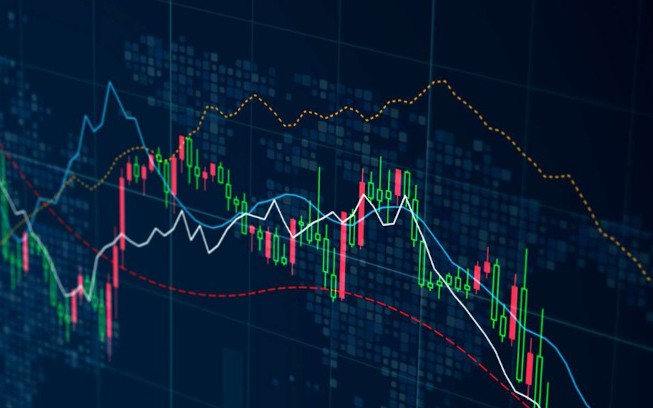
Forex Trading for Beginners: Your Comprehensive Guide
Welcome to the exciting world of Forex trading! If you’re just starting out, you may feel overwhelmed by the vast amount of information available. But don’t worry, this guide is designed specifically for beginners. We will cover everything from the basics of Forex trading to essential strategies that can help you succeed. We will also introduce you to some reliable resources, including forex trading for beginners Best Indonesian Brokers to facilitate your trading journey.
What is Forex Trading?
Forex, or foreign exchange, refers to the marketplace for trading national currencies against one another. It’s the largest financial market in the world, with a daily trading volume exceeding $6 trillion. Forex trading involves buying one currency while simultaneously selling another, and these transactions happen in currency pairs, like EUR/USD or USD/JPY. The goal is to profit from fluctuations in currency values over time.
Key Terms You Should Know
Before you dive into trading, it’s important to familiarize yourself with some key terms:
- Currency Pair: A pair consisting of two currencies, where one is quoted against the other.
- Bid and Ask Price: The bid is the price at which you can sell a currency pair, while the ask is the price at which you can buy it.
- Spread: The difference between the bid and the ask price.
- Leverage: A tool that allows you to borrow funds to increase the size of your trades.
- Lot: A standard unit for measuring the size of a trade. In Forex, it usually represents 100,000 units of the base currency.
Getting Started with Forex Trading
To start trading Forex, you’ll need to follow these steps:
- Education: Invest time in learning the basics of Forex trading. Numerous online resources, courses, and webinars can help you build a solid groundwork.
- Select a Reliable Broker: Choose a trustworthy broker that fits your trading style. Look for regulation, trading platforms, fees, and customer support.
- Create a Trading Plan: A trading plan outlines your goals, risk tolerance, and strategies. It should guide your trading decisions and help you manage emotions.
- Practice with a Demo Account: Before risking real money, practice trading with a demo account offered by most brokers. It provides a risk-free environment to learn how the platform works.
- Start Trading: Once you feel confident, start trading with real money. Begin with a small investment and gradually increase your position as you gain experience.

Understanding Forex Strategies
There are several trading strategies that beginners can adopt:
- Scalping: A short-term strategy that involves making numerous trades throughout the day to capture small price movements.
- Day Trading: This strategy entails opening and closing trades within the same day, based on short-term price movements.
- Swing Trading: A medium-term strategy focused on capturing larger price movements over several days or weeks.
- Position Trading: A long-term approach where traders hold positions for several weeks or months, betting on significant price movements.
Risk Management in Forex Trading
Effective risk management is crucial for trading success. Here are some tips:
- Set Stop-Loss Orders: This automatically closes a position when it reaches a certain level, limiting potential losses.
- Use Proper Position Sizing: Don’t risk more than a small percentage of your trading capital on any single trade.
- Diversify: Avoid putting all your capital into one trade or currency pair; consider diversifying to reduce risks.
- Stay Emotionally Disciplined: Stick to your trading plan and avoid making decisions based on emotions or market noise.
Tools and Resources for Forex Trading
Utilize various tools and resources to enhance your trading skills:
- Charting Software: Use charting software to analyze historical data and identify trends.
- Economic Calendars: Keep track of economic events that can affect currency prices.
- Trading Communities: Join Forex trading forums or social media groups to share experiences and strategies with other traders.
- Educational Websites: Explore blogs, podcasts, and YouTube channels dedicated to Forex trading for ongoing learning.
Conclusion
Jumping into Forex trading as a beginner can seem daunting, but with the right education, tools, and strategies, you can build a solid foundation for success. Remember to start small, continuously educate yourself, and stay disciplined when trading. Good luck on your Forex trading journey, and may you find the resources and strategies that work best for you!
